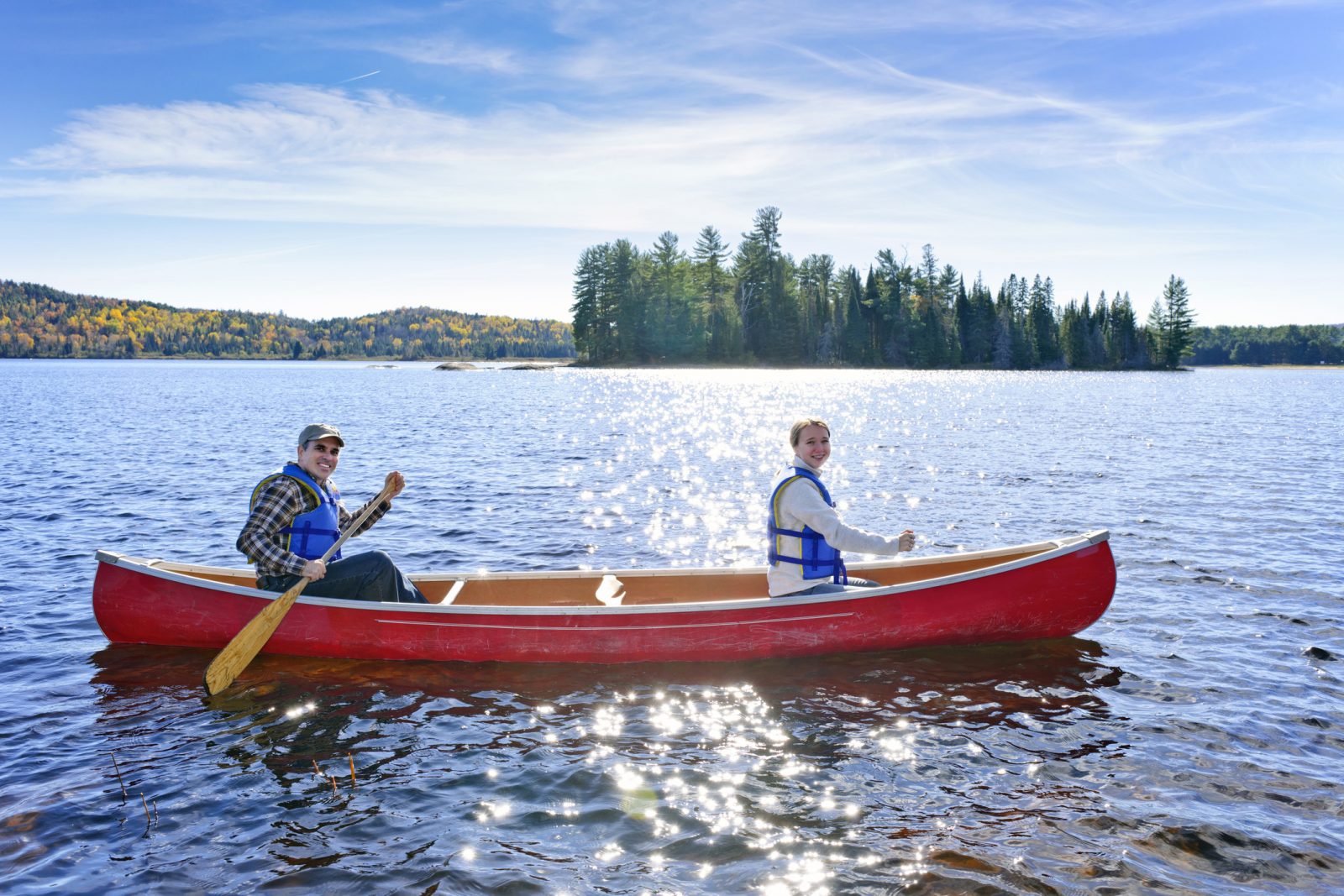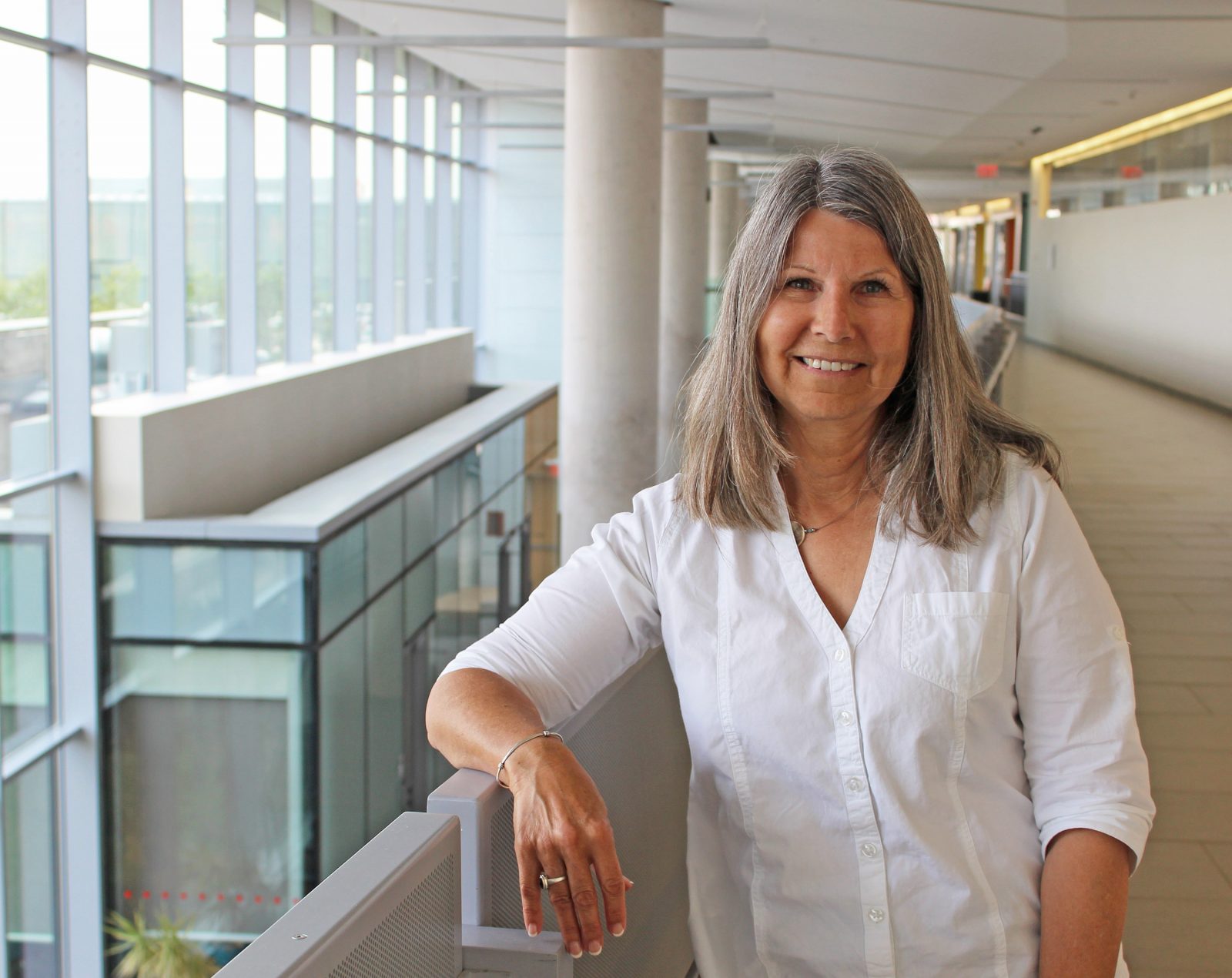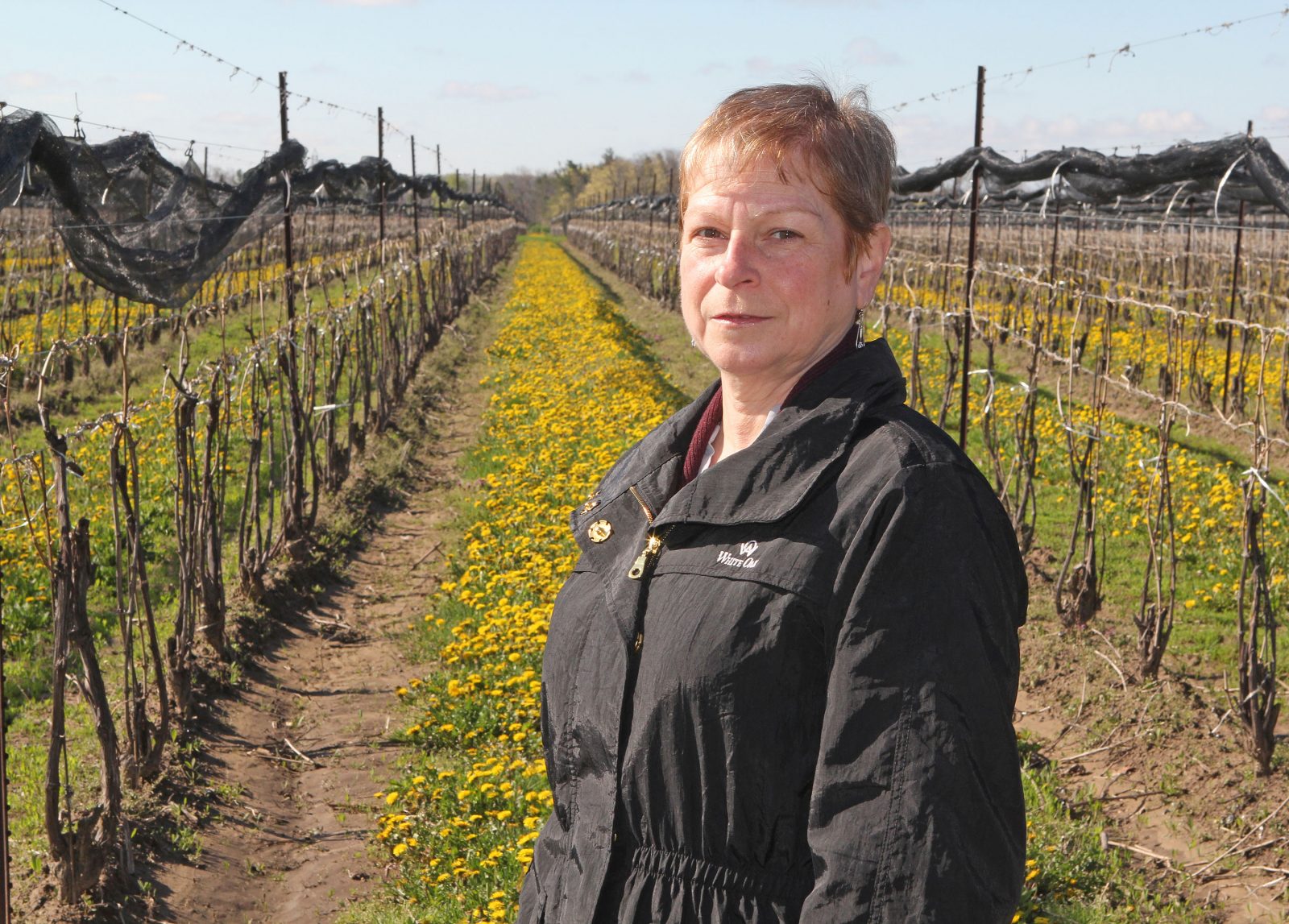By: Samantha Morris

The Environmental Sustainability Research Centre (ESRC) is delighted and saddened to say farewell to Marcie Jacklin as she retires from Brock today. Marcie has worked in Brock’s James A. Gibson Library for 25 years, and has been a member of the ESRC since it’s establishment.
“Marcie joined the ESRC as a Core Member in 2011 and has been extensively involved, serving on numerous committees and actively contributing to our activities. She played an essential role in developing our Sustainability Science and Society graduate program (Master of Sustainability) and has cultivated important connections with the Library,” says Ryan Plummer, Director of the ESRC.
Throughout her years of involvement with the ESRC, Marcie has always served with an abundance of passion, joy, and positivity. From presenting seminar talks to graduate students, to speaking at or attending research cafes, to working on ESRC research projects, Marcie has been an active member of the ESRC from day one.
A common theme across all of her involvement in the ESRC: birds, of course.
Marcie is an internationally recognized birder. Her interest in studying nature, and specifically birds, started in the 1980s. Since then she has been a strong advocate for the environment, participated and coordinated several bird surveys and counts, volunteered as a birding guide, contributed to birding scholarship, and shares her knowledge about birds with everyone she meets.
“Marcie has the rare ability to combine her personal passion for nature, especially birding, with her professional drive to engage people in meaningful ways with information about science and the environment. Marcie’s commitment to bettering our relationship with nature is extraordinary. She is a wonderful person who has greatly enriched the ESRC – I can’t thank her enough for all of her contributions,” adds Plummer.
We wish Marcie all the best in her retirement and look forward to seeing her at future ESRC events!









